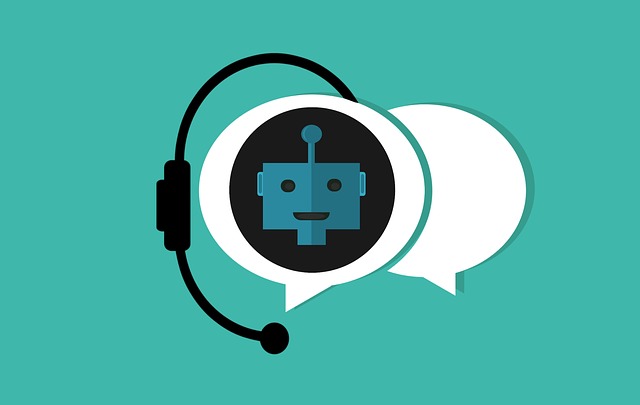Effective communication
Free Online Communication Skills Course
Learn the essentials of effective communication in our Communication Skills course. Master skills like email writing and report structuring. Tailor communication strategies, assess their effectiveness, and craft clear messages.
What you learn in Effective communication ?
About this Free Certificate Course
Our communication skills course offers a holistic journey through the intricacies of effective communication, covering essential skills vital for professional success. Beginning with "Essentials of Email Writing," you will be introduced to the foundational elements of crafting impactful emails. From cultivating positive language to mastering the right tone and page layout, you will gain invaluable insights into crafting emails. Transitioning to Introduction to Report Writing, you will learn about different report types, step-by-step writing processes, and common organizational strategies.
Through this free online communication skills course with certificate, you will learn how advanced concepts, including different report formats, the funnel approach, and the Five-Part Structure. These topics give deeper insights into optimizing report-writing abilities, improving clarity, and fostering engagement with readers. Throughout the communication skills course online, you will benefit from a blend of theoretical knowledge and practical application, enabling you to develop good communication skills applicable across diverse professional settings. Mastering communication skills online will give you invaluable advantages to excel in your careers, facilitate clear communication, strengthen relationships, and enhance professional outcomes.
Are you looking for a more comprehensive guide to upgrading your Effective Communication skills? Look no further than our professional Management Courses that will cover all the essential topics you need to improve your Effective Communication game.
Course Outline
In the first module, you will get introduced to the basics of Email writing. Also, you will learn about using positive language, the right tone, the key ingredients, the page layout, and the importance of proofreading. At the end of the lecture, some important dos and don'ts are shared.
In this module of the course, you will learn about different types of reports, the steps of report writing, common organisational strategies and report structure. Each topic is discussed in detail and is explained using relevant examples for better understanding.
In the last module of the course, the different formats of report writing are discussed. Then, the basics of the funnel approach are talked about. By the end of the lecture, you will know about the Five-Part Structure, followed by a quick recap of the previously discussed topics.
With this course, you get
Free lifetime access
Learn anytime, anywhere
Completion Certificate
Stand out to your professional network
1.0 Hours
of self-paced video lectures
Frequently Asked Questions
What knowledge and skills will I gain upon completing the free Effective Communication course?
The knowledge and skills you will gain upon completing the Effective Communication course are: learn to use Effective Communication to establish clear communication channels, develop open communication, assess communication effectiveness, build communication strategies and write clear and concise messages.
What are the steps to enroll in this Effective Communication course?
Enrolling in any of the Great Learning Academy’s courses is just one step process. Sign-up for the course, you are interested in learning through your E-mail ID and start learning them for free online.
Is there any limit on how many times I can take this free course?
Once you enroll in the Effective Communication course, you have lifetime access to it. So, you can log in anytime and learn it for free online.
How much does this Effective Communication course cost?
It is an entirely free course from Great Learning Academy. Anyone interested in learning the basics of Effective Communication can get started with this course.
Who is eligible to take the Effective Communication course?
Anyone interested in learning to use Effective Communication to establish clear communication channels, develop open communication, assess communication effectiveness, build communication strategies and write clear and concise messages can enroll in the free course.
Success stories
Can Great Learning Academy courses help your career? Our learners tell us how.And thousands more such success stories..
Related Management Courses
Popular Upskilling Programs
Explore new and trending free online courses
Relevant Career Paths >
Effective Communication
Effective communication is the cornerstone of success in any personal or professional setting. Communication is how we convey ideas, thoughts, emotions, and information to others. Whether we are trying to persuade someone to buy our product, inform our colleagues about a new project, or simply have a conversation with a friend, the way we communicate can determine the outcome of the interaction. In this article, we will discuss the key elements of effective communication and how you can apply them to your daily life.
Clarity is the first element of effective communication. To communicate effectively, you must be clear and concise in your message. This means using simple and direct language that is easy for your audience to understand. Avoid using jargon, acronyms, or technical terms that your audience may not be familiar with. Use examples or analogies to illustrate your point and make it easier for your audience to grasp the concept.
Active listening is another crucial element of effective communication. Active listening means paying close attention to what the speaker is saying and responding appropriately. It involves giving the speaker your full attention, maintaining eye contact, and avoiding distractions such as your phone or computer. Active listening also involves asking questions to clarify any uncertainties and summarizing what the speaker has said to confirm your understanding.
Nonverbal communication is also a key element of effective communication. Nonverbal communication includes facial expressions, body language, tone of voice, and gestures. Your body language and tone of voice can convey more information than your words alone, so it is essential to be aware of them. For example, crossing your arms can indicate defensiveness or a lack of interest, while maintaining eye contact can convey confidence and engagement. Your tone of voice can also impact how your message is received, so be mindful of your pitch, pace, and volume.
Empathy is another crucial element of effective communication. Empathy means understanding and sharing the feelings of others. It involves putting yourself in the other person's shoes and considering their perspective. Empathy helps you to communicate in a way that is respectful and compassionate, which can help build trust and rapport with others.
Flexibility is also an essential element of effective communication. Flexibility means adapting your communication style to meet the needs of your audience. This may mean using different language or examples depending on the context or the audience's background. It may also mean adjusting your tone of voice or body language to match the situation. Flexibility helps you to communicate more effectively by tailoring your message to the needs of your audience.
Feedback is another crucial element of effective communication. Feedback means giving and receiving information about how well the message was received and understood. It involves asking questions, seeking clarification, and providing constructive criticism. Feedback helps to ensure that your message is clear and understood, and it also helps to build trust and rapport with your audience.
Finally, preparation is essential for effective communication. Preparing for your communication can help you to be clear, concise, and confident in your message. This may involve researching your topic, organizing your thoughts, and anticipating questions or objections. It may also involve rehearsing your presentation or practicing your message with a friend or colleague. Preparation helps to ensure that you are confident and knowledgeable in your communication, which can help to build trust and credibility with your audience.
In conclusion, effective communication is essential for success in personal and professional settings. Clarity, active listening, nonverbal communication, empathy, flexibility, feedback, and preparation are all crucial elements of effective communication. By applying these principles to your daily life, you can communicate more effectively and achieve your goals with greater ease. Remember to be mindful of your language, body language, and tone of voice, and always be willing to adapt your communication style to meet the needs of your audience. With practice and persistence, you can become a master of effective communication and enjoy greater success.





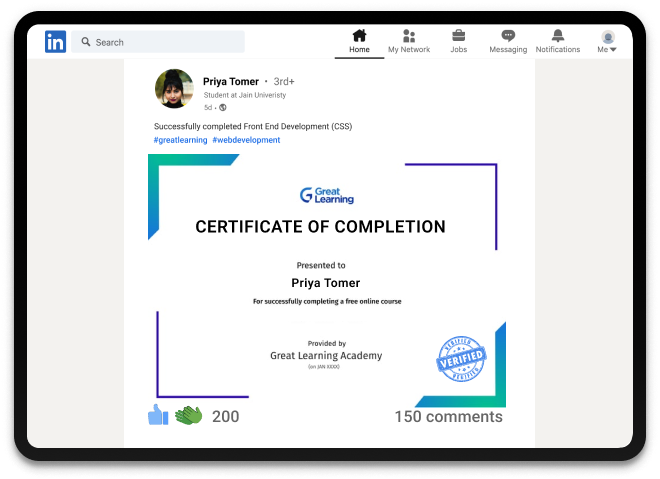


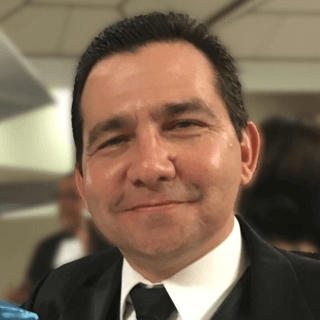








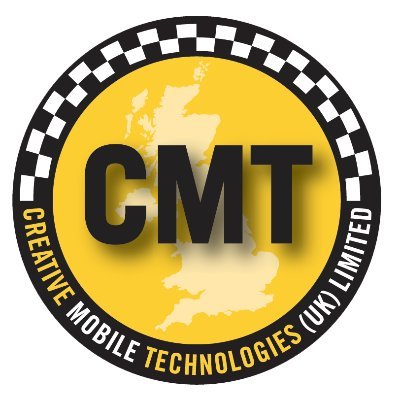

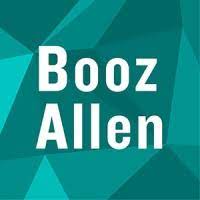

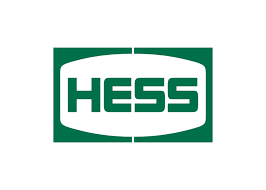

















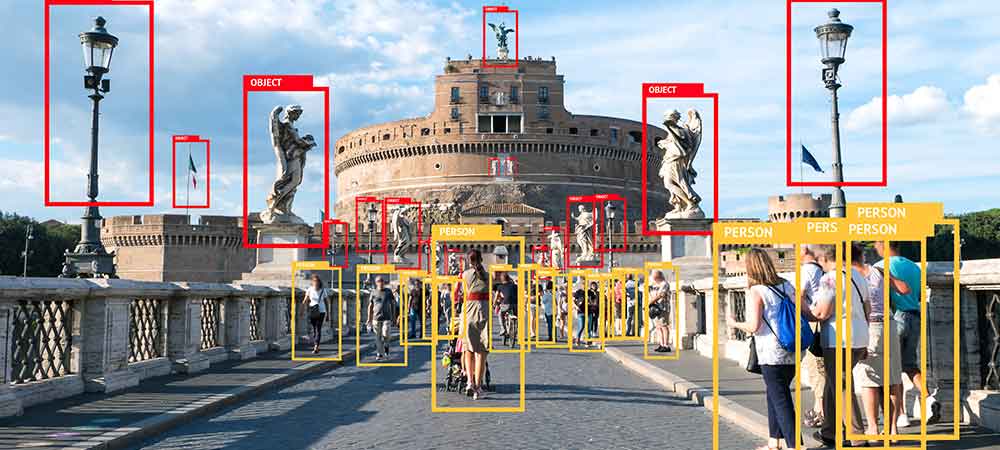

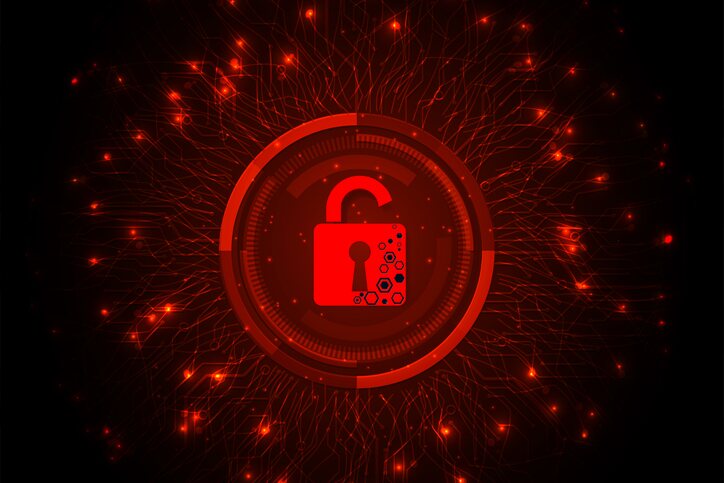

.jpg)



